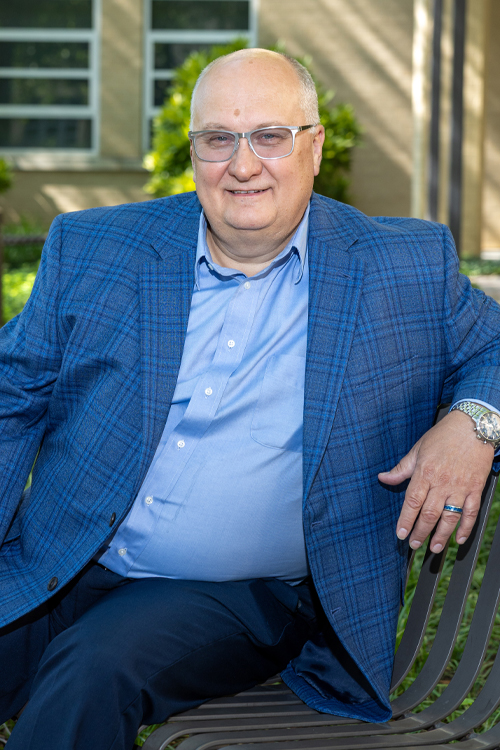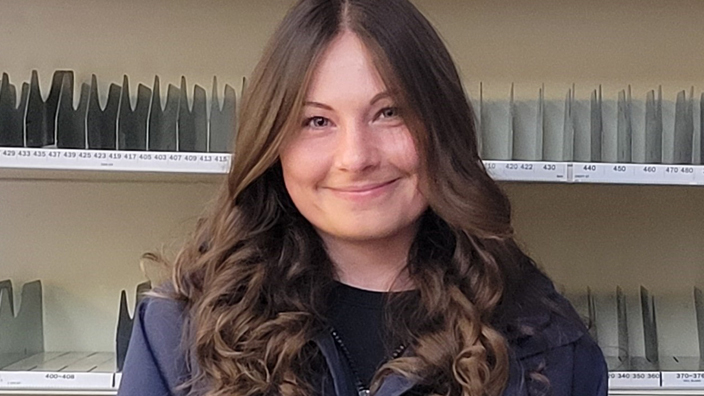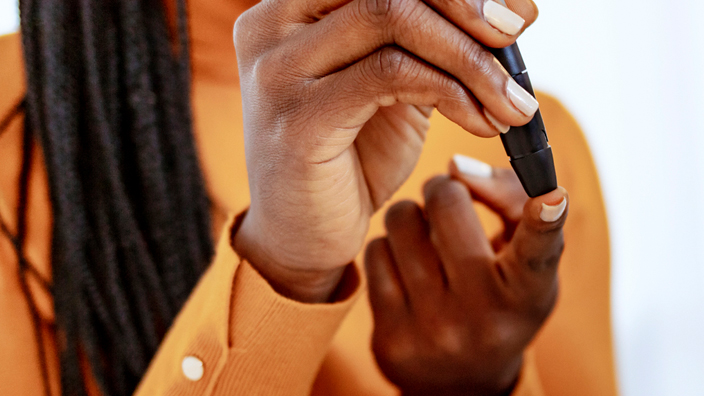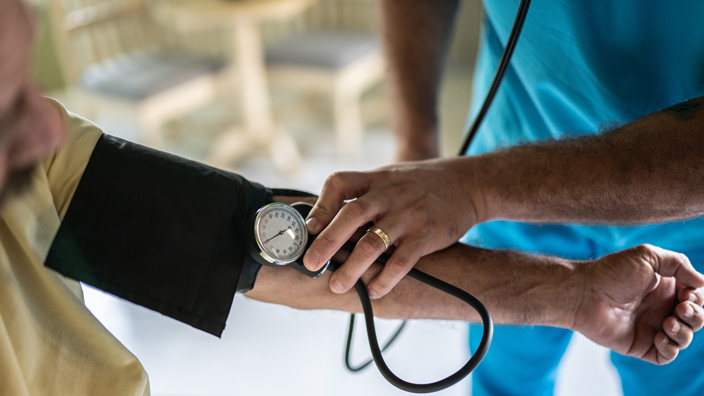David Pacileo’s decision to donate a kidney came after reading a social media post from someone who was looking for a donor.
“I saw it, looked at my wife and said, ‘I could do that,’” he said.
Pacileo, a USPS asset management finance and analytics manager, reached out to the poster, who put him in touch with testing resources. He was a close enough match to get the green light.
Fast-forward to today and the two men are preparing to meet for their 10-year “kidneyversary” in Lake Tahoe, NV, in September.
The recipient, Frank Cormier, is a first cousin of Pacileo’s wife, but Pacileo did not really know him and said he would have done it whether there was a tie or not.
“I was a frequent blood donor for decades and this felt like the next step in the process of giving what I have,” he said.
That process was complicated by the distance between them.
Cormier was living in Alaska and Pacileo, who now lives in Richmond, VA, was living in South Carolina at the time. A Seattle hospital was chosen as a midway point for the surgery, recovery and preoperative physical and psychological assessment.
The costs of flights to and from South Carolina to Seattle added up, as did the hotel stays. There was some help from nonprofits, but the burden was lightened by an outpouring of support from a crowdfunding site.
Between the testing, flights and a doctor’s directive to lose 20 pounds before surgery, it was a year between the social media post and the operation.
Before the transplant, Cormier was hooked up to a dialysis machine 14 hours a day, every day. Afterward, he was able to resume normal activities, and even went back to work for a while.
“It was like putting a whole new engine in a car,” said Cormier, who now lives in Sparks, NV. “If I were still on dialysis, I don’t think I’d be here, to be honest with you. I can’t thank him enough.”
There are about 100,000 people on the kidney transplant list.
“If roughly 1 out of every 1,000 to 2,000 healthy people could step forward, we could make that whole list go away,” Pacileo said.
The Postal Service employee, who took six weeks off work to recover, said he experienced no ill effects other than some fatigue the first year.
“I wish more people would do it,” he said. “I just want people to know that it’s not that hard.”
The OrganDonor.gov website has more information on living organ donation.



